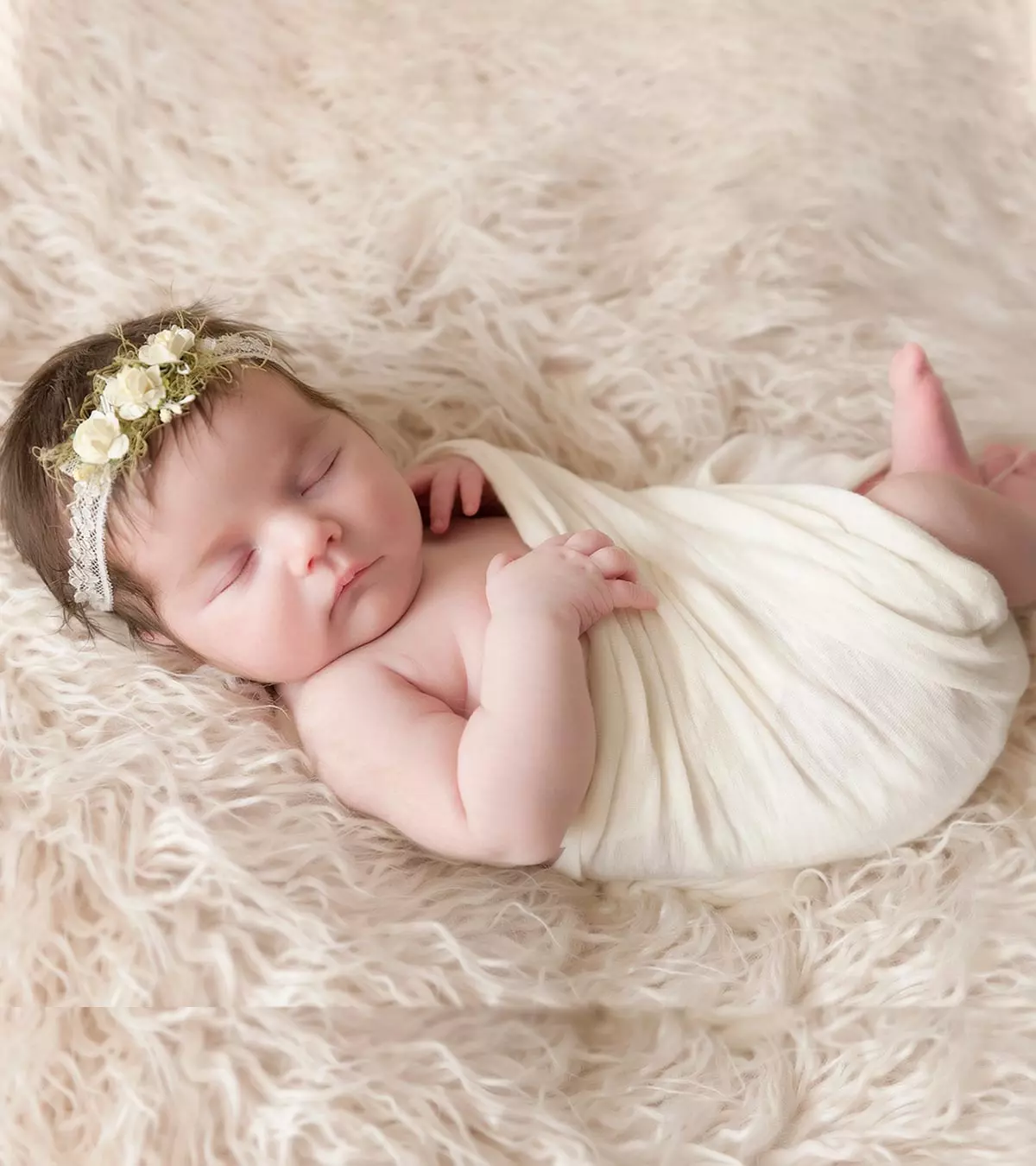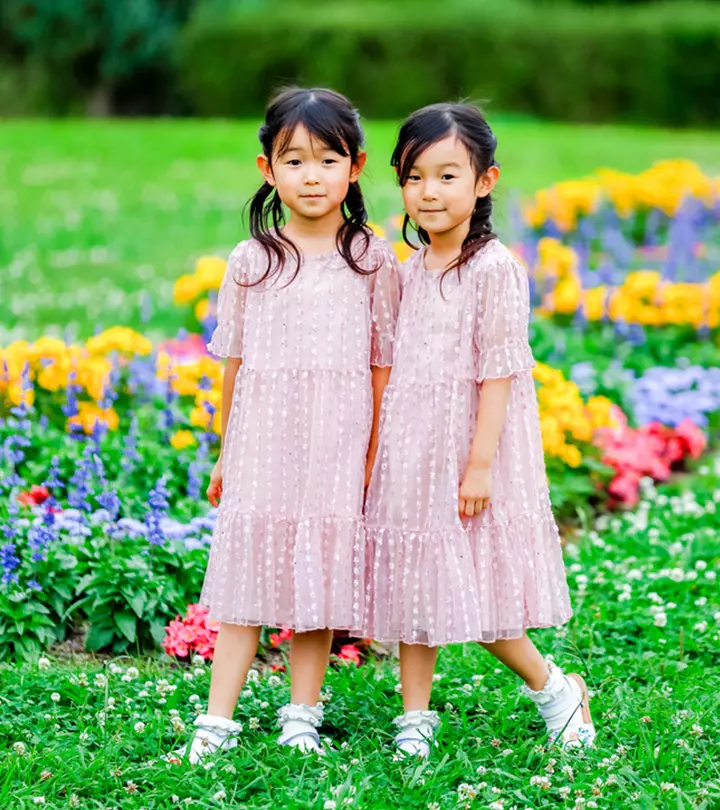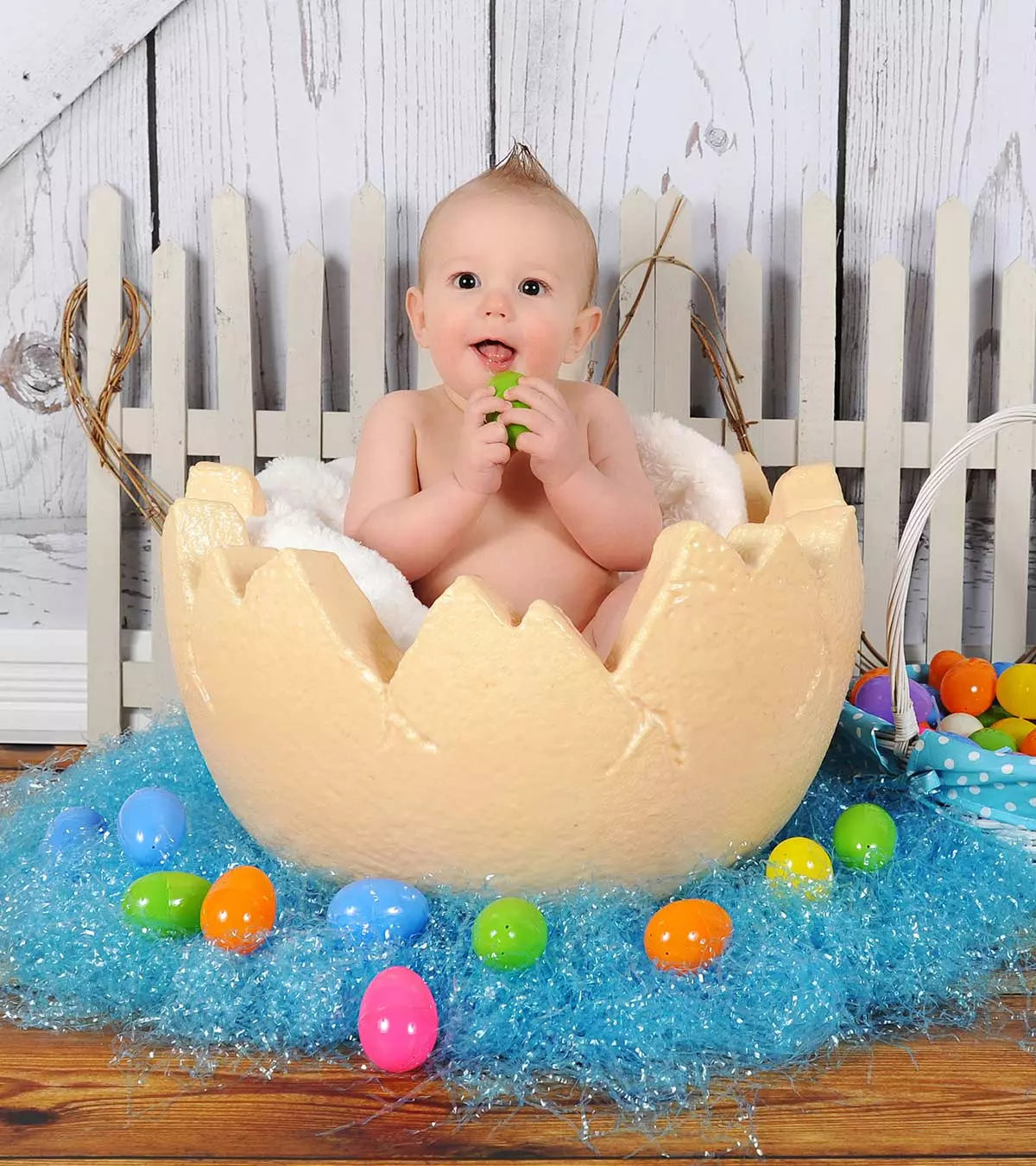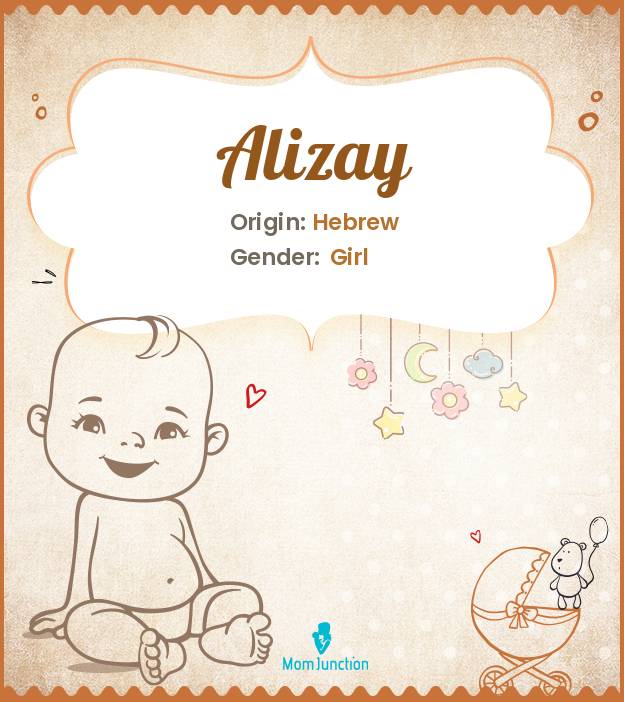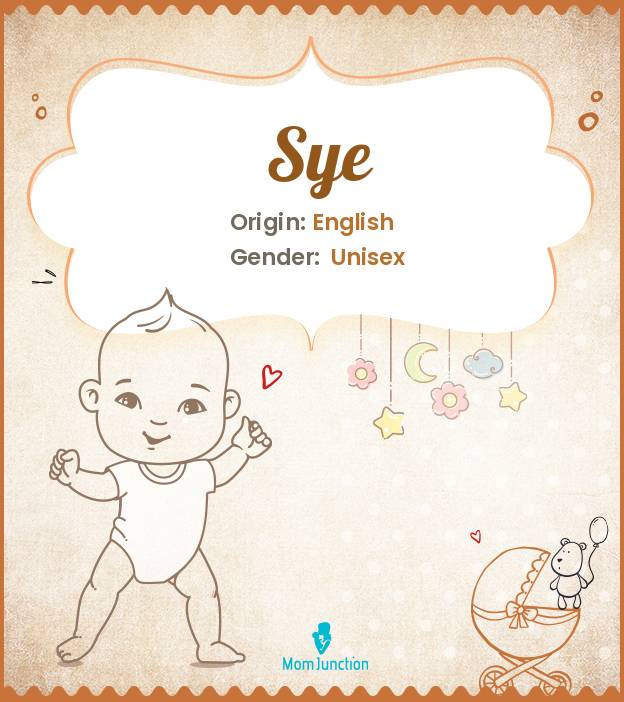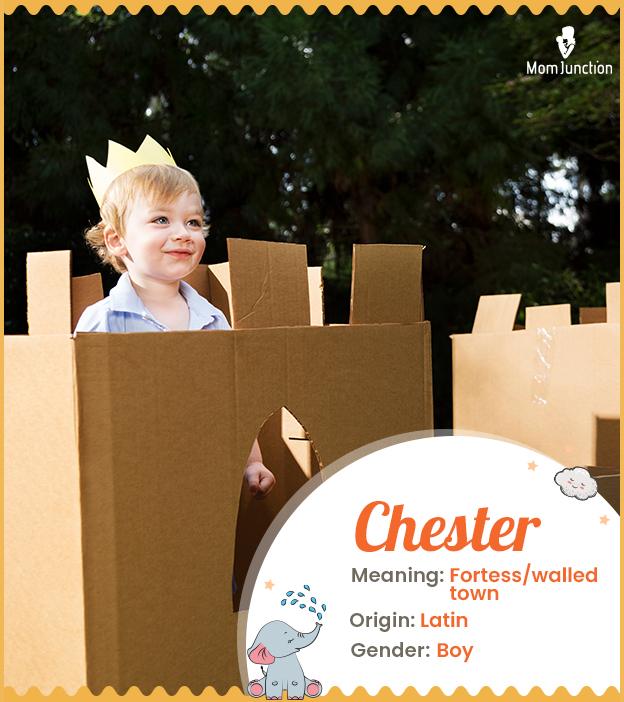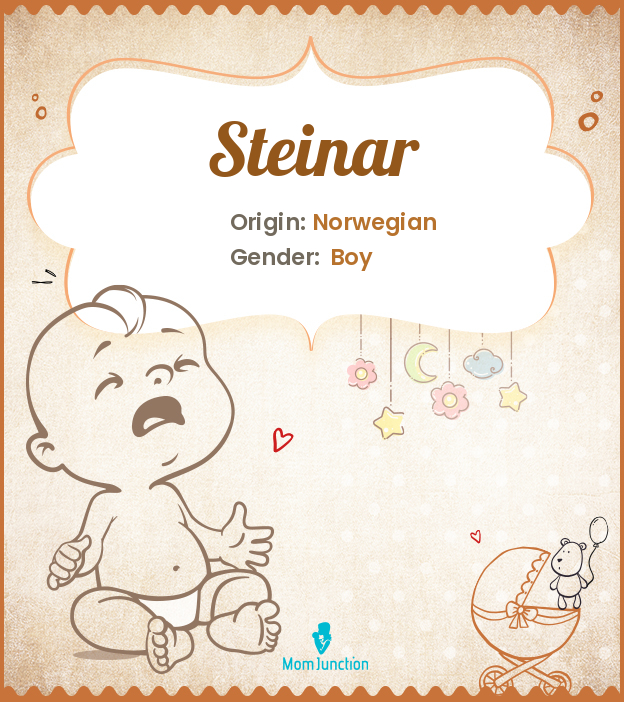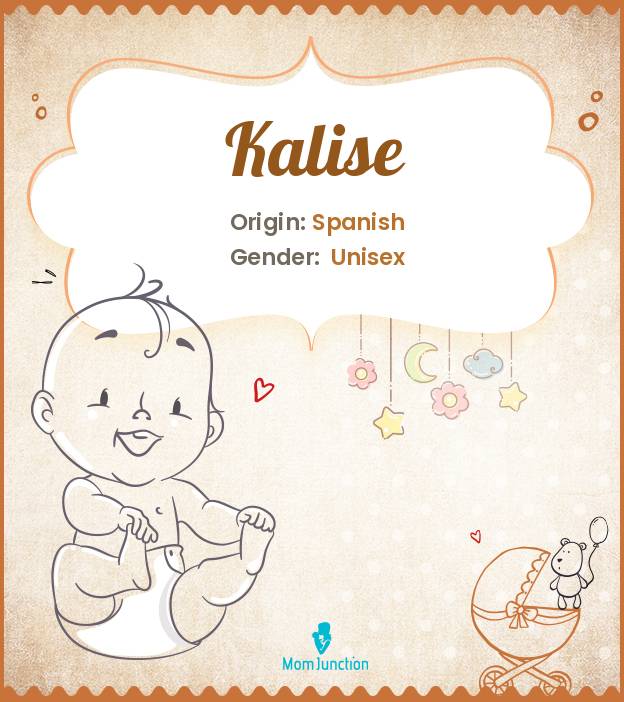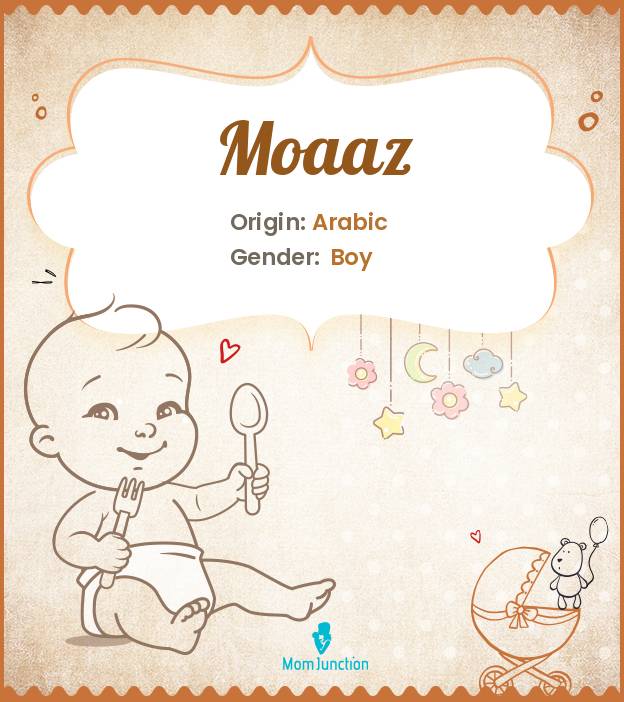402 Anglo-Saxon Baby Names For Your Royal Child
Vintage choices from an era that can never be forgotten by its people.
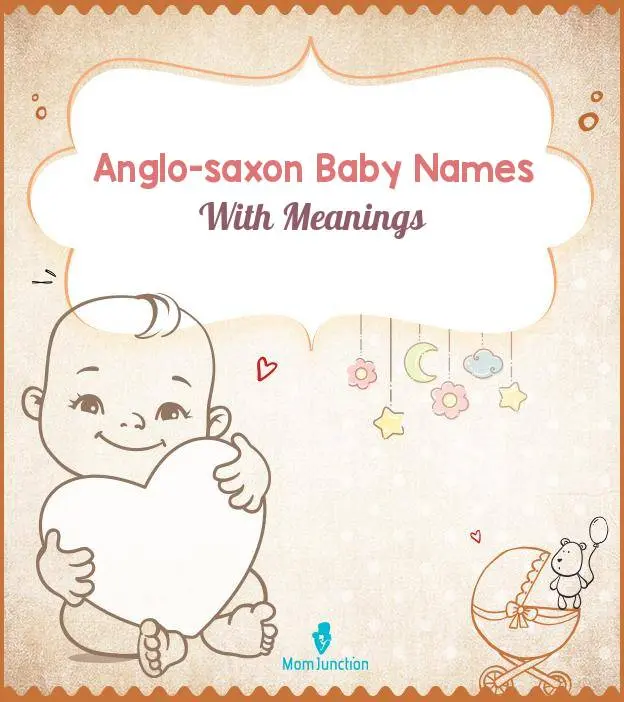
Illustration: MomJunction Design Team
If you want a sophisticated, stylish and plain beautiful name, a list of Anglo-Saxon baby names can be of your help. This ancient civilization has long left the English shores after the Norman invasion of 1066, but the spirit of the names still lingers in modern times. Anglo-Saxons were originally a Germanic tribe from the Danish peninsula. When the Romans left Britain, the Germanics invaded in 400 AD. They had five main kingdoms, Wessex, East Anglia, Mercia, Northumbria, and Kent (1). Though the tribe had settled there since the early 5th century, there were frequent clashes with neighboring territories. In 790 AD, the Vikings started penetrating the Anglo-Saxon empire, and the empires were almost continuously in war from then on (2). You may, hence, be surprised to find some names derived from the Germanic language of the Vikings among Anglo-Saxon names. In the Anglo-Saxon period, the personal name was made of two elements and linked to the parents’ names. For instance, if the parents were named Aldred and Edith, they might name their daughter Aaldith. Hence, these dithematic names did not really have any meaning. They turned into monothematic names after the Norman conquest (3). Also, bynames, not surnames, were used for identification purposes. While there weren’t any surnames or family names, the aristocratic people were identified by names taken from famous forbearers like Besingas, Athelings, Baducings, and Gumeningas, along with the final element –ing, which means ‘people of.’ The Anglo-Saxons also believed that a name contained a person’s spirit, and by using the name for a newborn child, the spirit could drain from him. Hence, picking an auspicious name was of utmost importance. In recent times, too, picking a personal name for their baby is of prime importance for many parents. So why wait? Pick your favorite Anglo-Saxon name right away. You can narrow down the search by filtering the gender of the baby and saving your favorite names to share with your friends and family.
On This Page
Browse Baby Names By Gender
Browse Baby Names By Alphabet
| Name | Gender | Meaning | |
|---|---|---|---|
|
|
A place of delight; Pleasure; Plain; Wealthy bear | ||
|
|
Bracca's settlement | ||
|
|
Prince; Chieftain; Gorse hill; Hill covered with broom | ||
|
|
Prosperous spear | ||
|
|
Long stone | ||
|
|
From a coal town | ||
|
|
Dear friend | ||
|
|
Green water; Boar friend | ||
|
|
Pledge; Oath; Hare land | ||
|
|
Horse lover; Horse joy | ||
|
|
Fortunate warrior; Isthmus | ||
|
|
Farmstead near a portage or slope used for dragging downloads | ||
|
|
A knight; Serving lad | ||
|
|
God's power; Mighty god | ||
|
|
Prosperous spear | ||
|
|
Dear friend | ||
|
|
Great battle | ||
|
|
Wealthy | ||
|
|
A form of Dennison; Son of Dennis | ||
|
|
Mac Cadáin; Warrior; Strength; Gentle; Loyalty; Spirit of war; Son of Cadán | ||
|
|
Mac Cadáin; Warrior; Spirit of war; Son of Cadán | ||
|
|
Old friend; Excellence of religion | ||
|
|
Pre-dawn; Advice; Earl | ||
|
|
A place name; Arl's settlement | ||
|
|
Teofer's farm | ||
|
|
Boundary; Sweet; Honey | ||
|
|
Prosperous spear | ||
|
|
Tended a lodge or an inn | ||
|
|
A dwelling place; A village; A farm | ||
|
|
Noble strength | ||
|
|
To cut; Tailor | ||
|
|
God's rule; God's power | ||
|
|
She is a prophet | ||
|
|
My father is joy; Jovial; Storm | ||
|
|
Loved | ||
|
|
Wealthy ruler; Fortunate King | ||
|
|
Dike; Ditch maker; Roofer | ||
|
|
The one from Dougal's place | ||
|
|
The son of a famous wolf | ||
|
|
Handsome; Beautiful; Good; Royal; Victory | ||
|
|
Plays a small drum | ||
|
|
Cofa's settlement | ||
|
|
An attendant; A little boy | ||
|
|
Crooked field | ||
|
|
Someone with closely cut hair | ||
|
|
Yew tree settlement; Boar village | ||
|
|
Boar-like in battle | ||
|
|
Dweller at the old enclosure; Old friend | ||
|
|
Between two places; The middle settlement | ||
|
|
Advice of the wolf | ||
|
|
Name given to the son of Peter | ||
|
|
Favor; Grace; Noble strength | ||
|
|
My father is joy; My father rejoices | ||
|
|
Water meadow; Vast island | ||
|
|
Day of Resurrection of Christ; Pagan goddess of fertility | ||
|
|
Stithweard's town; Fighter; Boxer | ||
|
|
Lives at the elder tree; Noble | ||
|
|
Elf ruler; King of elves | ||
|
|
All; Complete | ||
|
|
Spear Friend | ||
|
|
Noble and Bold; A King of Mercia | ||
|
|
Bright Nobility | ||
|
|
Noble Peace | ||
|
|
Noble Strength | ||
|
|
Name of a King | ||
|
|
Noble; Stone | ||
|
|
Noble wolf | ||
|
|
Name of a Bishop | ||
|
|
Oaken | ||
|
|
Temple friend | ||
|
|
Name of a King | ||
|
|
Name of a Bishop | ||
|
|
Variant of Aelfric; Elf king | ||
|
|
Noble Protection; Defender of the Temple | ||
|
|
From the Water Edge; Someone who lived by the River or Lake | ||
|
|
Boar like in battle; A variant of Averill | ||
|
|
Boar like in battle; A variant of Averill | ||
|
|
Fame; Glory; Spear | ||
|
|
Disciple of Saint Máedóc; A mighty noble | ||
|
|
A variant of Merewen, which means renowned joy, great pleasure, or splendid delight | ||
|
|
Mill worker; One who grinds grain; A variant form of Miller | ||
|
|
Mill worker; One who grinds grain | ||
|
|
Noble counsel | ||
|
|
Someone who is hateful | ||
|
|
Water; From the town of Ayr; Heir; Temple army | ||
|
|
Water; From the town of Ayr; Heir; Temple army | ||
|
|
One who has noble and great personality | ||
|
|
A bold and beautiful person | ||
|
|
Slayer; Arrow; To build | ||
|
|
Place cleared by burning | ||
|
|
Boat; Daughter | ||
|
|
Baker; Box tree | ||
|
|
Handsome man; Fair; Beautiful; Son of Bel; Bee-hill | ||
|
|
Little bee; Becca's homestead; Pickaxe | ||
|
|
Fermented or frothy | ||
|
|
Field of beans | ||
|
|
The dark or black valley | ||
|
|
One who comes from the valley of bears | ||
|
|
A bearded friend | ||
|
|
Anglo-Saxon male name | ||
Anglo-Saxons were an ancient race with their own culture and heritage. Following several invasions, this culture saw a healthy mixture of other languages too. Anglo-Saxon names were dithematic and could be formed by attaching two parts from the names of the parents. This practice could make some names meaningless. However, many names conveyed strong meanings. Anglo-Saxon names often took inspiration from mythology, nature, and personality or physical characteristics. These unique names will now make your little one stand out in a crowd.
Frequently Asked Questions
1. What do the popular Anglo-Saxon names Beowulf and Edgar mean?
Beowulf possibly means ‘bee wolf’ (bear) and is derived from the Old English ‘beo’ meaning ‘bee’ and ‘wulf’ meaning ‘wolf.’ Alternatively, the first element could come from ‘beadu,’ meaning ‘battle.’ Beowulf is the name of the main character of the 8th-century epic poem of the same name and is considered an Anglo-Saxon hero. Conversely, Edgar is derived from the Old English elements ‘ead’ meaning ‘wealth’ or ‘fortune’ and ‘gar’ meaning ‘spear.’ It was also the name of a 10th-century English king, Edgar the Peaceful.
2. What unique or rare Anglo-Saxon baby names are still in use today?
Certain Anglo-Saxon names like Ethel (noble), Wulfric (wolf ruler), Godric (god’s ruler), Godiva (gift of god), Becca (pick-axe), and Osmund (protection of god) are still in use today, though rarely.
3. What was the significance of names in Anglo-Saxon culture?
In Anglo-Saxon culture, names could be chosen to reflect a desirable trait or characteristic the parents wanted the child to possess. For instance, Æthelred means ‘noble’ or ‘daring,’ and Cyneheard means ‘royal’ or ‘firm.’ Parents aspired to give their children these positive attributes. Moreover, names like Beowulf (bear) and Wulfric (wolf ruler) could be connected to the Anglo-Saxon warrior culture. Some parents could choose names that invoke blessings from the gods to protect and prosper their children.
4. How did Anglo-Saxon names change over time?
The introduction of Christianity in the late 6th and 7th centuries significantly changed Anglo-Saxon names (1). The names of Christian saints began to be introduced. Moreover, the Viking invasions in the 8th and 9th centuries also caused several changes in Anglo-Saxon names (2). Later, French names were introduced with the Norman conquest in 1066 (3). Additionally, Germanic and Norse names underwent anglicization over time. Hence, names like Ælfweard became Alfred.
5. What are some resources for parents looking for an Anglo-Saxon name for their child?
Historical texts and literature can help parents look for authentic Anglo-Saxon names. You can also check the etymologies of names to get an insight into the historical and cultural context of such names. Several online websites also list Anglo-Saxon names with meanings and origins. Additionally, you can get information about these names by talking with Anglo-Saxon experts or on online forums dedicated to them.
Infographic: Charismatic Anglo-Saxon Baby Names
The Anglo-Saxons have had an interesting and colorful history. Fittingly, their names, too, reflect this richness of culture and tradition. From mythology to nature, Anglo-Saxon baby names cover many grounds in terms of meanings and associations. These names are relevant in modern times, too. If you are looking for some excellent Anglo-Saxon names with varied meanings, look at this infographic.
Illustration: Momjunction Design Team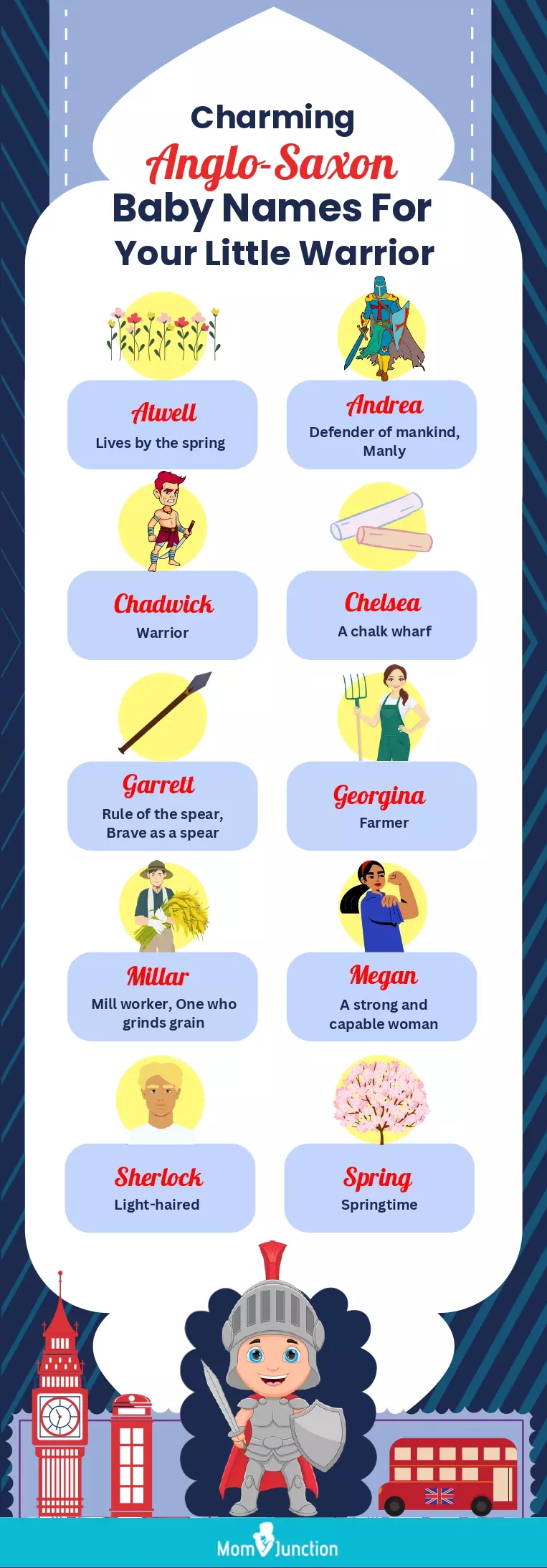
References:
- Anglo-Saxon England.
https://smarthistory.org/anglo-saxon-england/ - Anglo-Saxons: a brief history.
https://www.history.org.uk/primary/resource/3865/anglo-saxons-a-brief-history - Chetwood J.A.; Re-evaluating English Personal Naming on the Eve of the Conquest.
https://eprints.whiterose.ac.uk/101198/1/J%20Chetwood%20EME%20Article%20-%20Main%20Document.pdf
Look Up For Many More Names
Do you have a name in mind and want to know more about it? Or want to find names belonging to a particular origin, religion, or having a specific meaning? Use our search tool below to explore more baby names with different combinations.

Community Experiences
Join the conversation and become a part of our nurturing community! Share your stories, experiences, and insights to connect with fellow parents.
Read full bio of N Pravenchandra Singh
Read full bio of Vidya Tadapatri
Read full bio of Trisha Chakraborty







